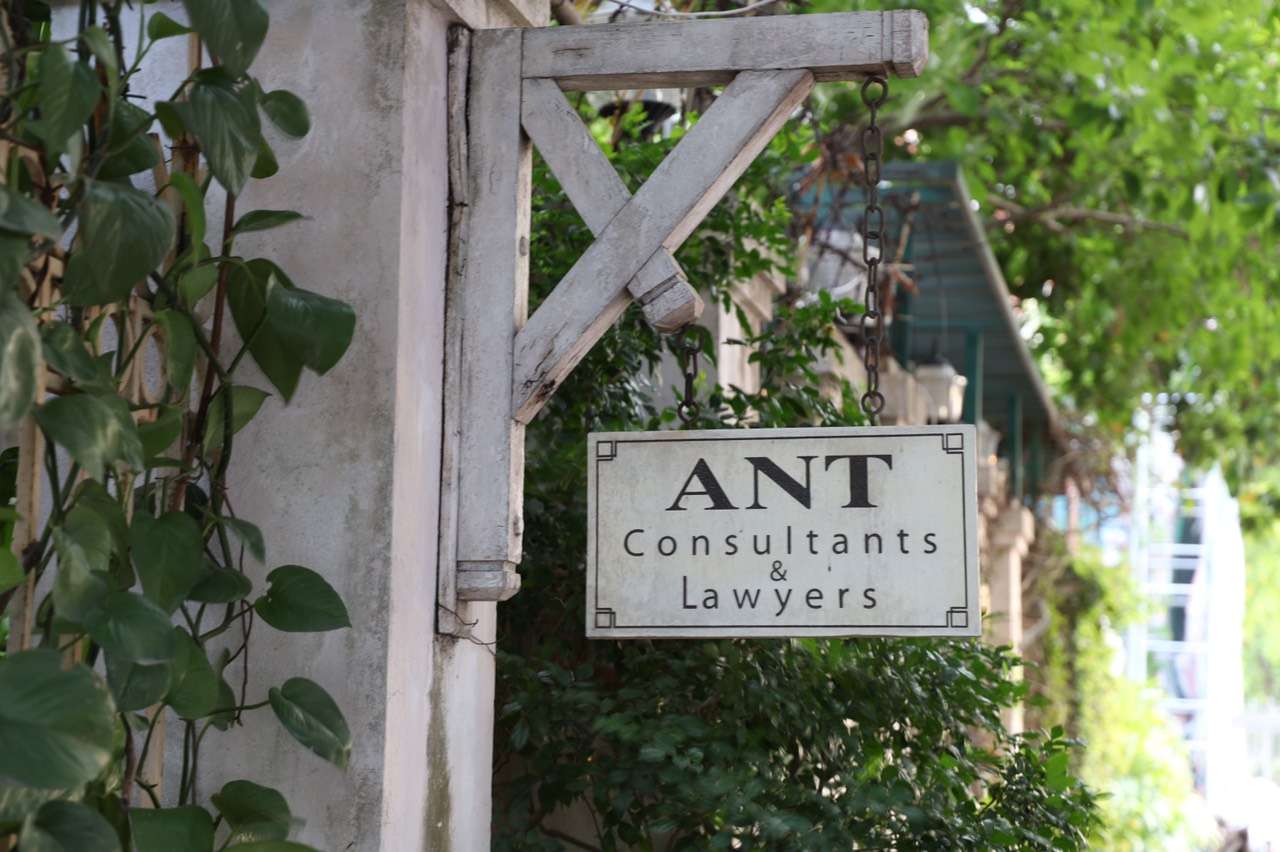Regulation
On Imposing Anti-Dumping Duty under Vietnam Laws
Imposition of
anti-dumping measure includes imposition of provisional anti-dumping duty and
official anti-dumping duty. According to Law on export and import duties 2016,
anti-dumping duty means an additional import duty imposed upon dumped imports
in Vietnam that cause or threaten to cause considerable damage to domestic
manufacturing or prevent the formation of domestic manufacturing.
Anti-dumping Law Firm in
Vietnam
The imposition of provisional anti-dumping duty is decided by the
Minister of Industry and Trade according to the preliminary determination
provided by the investigating authority. The rate of provisional anti-dumping
duty shall not exceed the dumping margin defined in the preliminary
determination. The maximum duration of imposition of provisional anti-dumping
duty is 120 days from the days on which the decision on imposition of
anti-dumping duty comes into force. In case of the request of an exporter of like
products exported to Vietnam, the Minister of Industry and Trade may give an
extension of provisional anti-dumping duty up to 60 days. The provisional
anti-dumping duty shall be imposed after 60 days since the issuance of the
decision on investigation of the Minister of Industry and Trade. The amount of
anti-dumping duty paid under decision on imposition provisional anti-dumping
duty issued by the Minister of Industry and Trade that is in excess of the
payable amount after the official decision of Minister of Industry and Trade
shall be refunded to the taxpayer.
The imposition official anti-dumping duty is
decided by the Minister of Industry and Trade according to the final
determination provided by the investigating authority. The rate of anti-dumping
duty shall not exceed the dumping margin defined in the final determination.
The maximum duration of anti-dumping duty is five years from the day on which
the decision on imposition of anti-dumping duty comes into force, unless it is
extended as prescribed in the law.
Two conditions for applying anti-dumping duties are the imports
being dumped in Vietnam and the dumping margin must be determined and the
dumping causes or threatens to cause considerable damage to domestic
manufacturing or prevents the formation of domestic manufacturing. Rules for
applying anti-dumping duties include: (1) Anti-dumping duty may only be applied
to a reasonable extent to prevent or minimize damage to domestic manufacturing;
(2) The anti-dumping duties shall be applied after an investigation is carried
out and conform to the investigation conclusion as prescribed by law; (3)
Anti-dumping duty shall be imposed upon dumped imports in Vietnam; (4) The
application of anti-dumping duties must not cause damage to domestic
socio-economic interest.
If Client needs any more information or request
for legal advice regarding trade remedies measures including: anti-dumping,
countervailing duty and safeguard measures or international trade dispute
matters, Our international trade and tax lawyers, and antitrust lawyers
in Vietnam at ANT Lawyers,
a Anti-dumping law firm in Vietnam have always followed the
development of situation and update the clients on relevant matters.



















.jpg)
.jpg)
.jpg)
.jpg)
.jpg)
.jpg)
.jpg)
.jpg)
.jpg)
.jpg)

